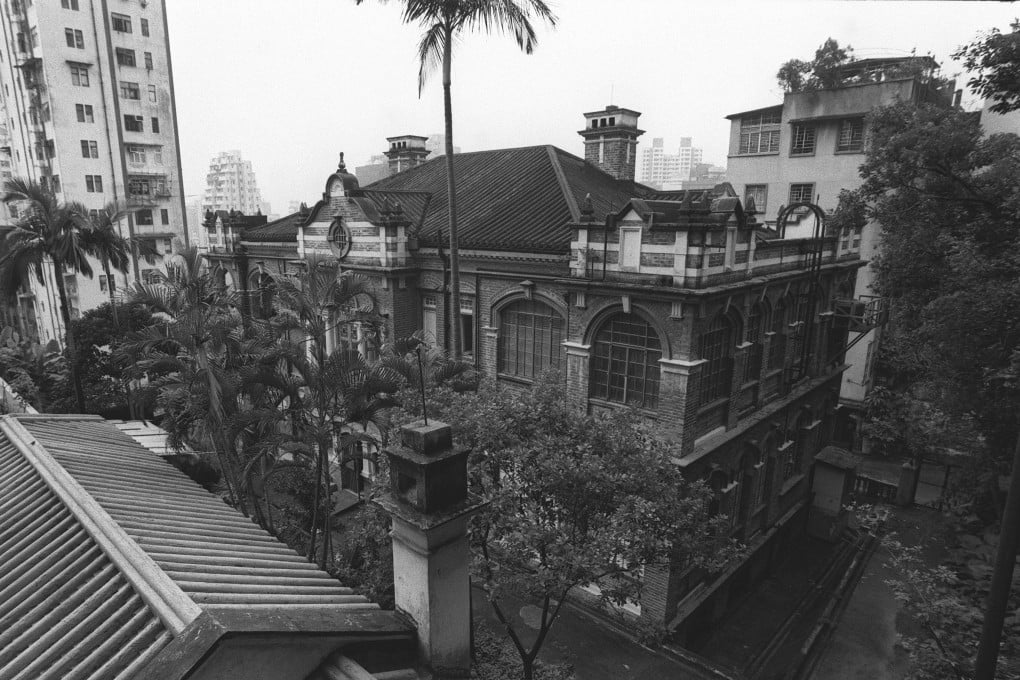Opinion | How Hong Kong won its 150-year struggle against malaria
- The recent rise in imported cases recalls a period in Hong Kong’s history when the disease threatened the city’s very existence
- While it is unlikely that malaria will become prevalent here again, as global travel resumes, mosquito-borne diseases will again test the city’s resilience

The summer of 1843 was typically hot, humid and wet – and it would be engulfed by an especially deadly malaria outbreak that would lay waste to much of Hong Kong’s military and civilian population.
While malaria outbreaks in 1841 and 1842 beset British officials and troops during the cession of the island, the loss of life in 1843 was inordinate, estimated at up to a third of the newcomers. The military, comprising British and Indian troops, retreated from the “poisonous miasmas” of the north shore to their naval ships in the harbour, leaving those unfortunately stationed on land vulnerable to continual sickness or death.
British commander, Major-General George D’Aguilar estimated that “an entire regiment would be lost every three years at the existing rate of mortality” and the British government questioned the “utility of retaining Hong Kong as a British port”.

